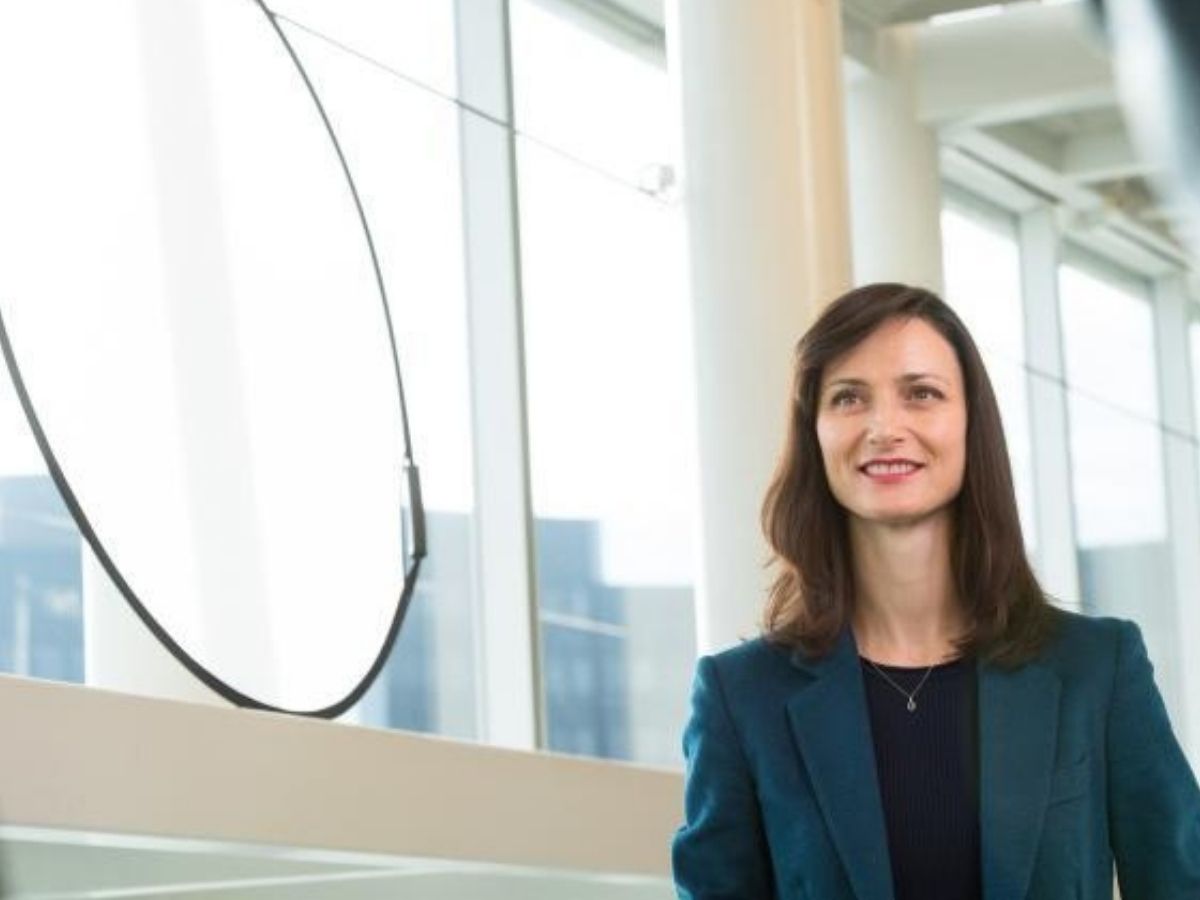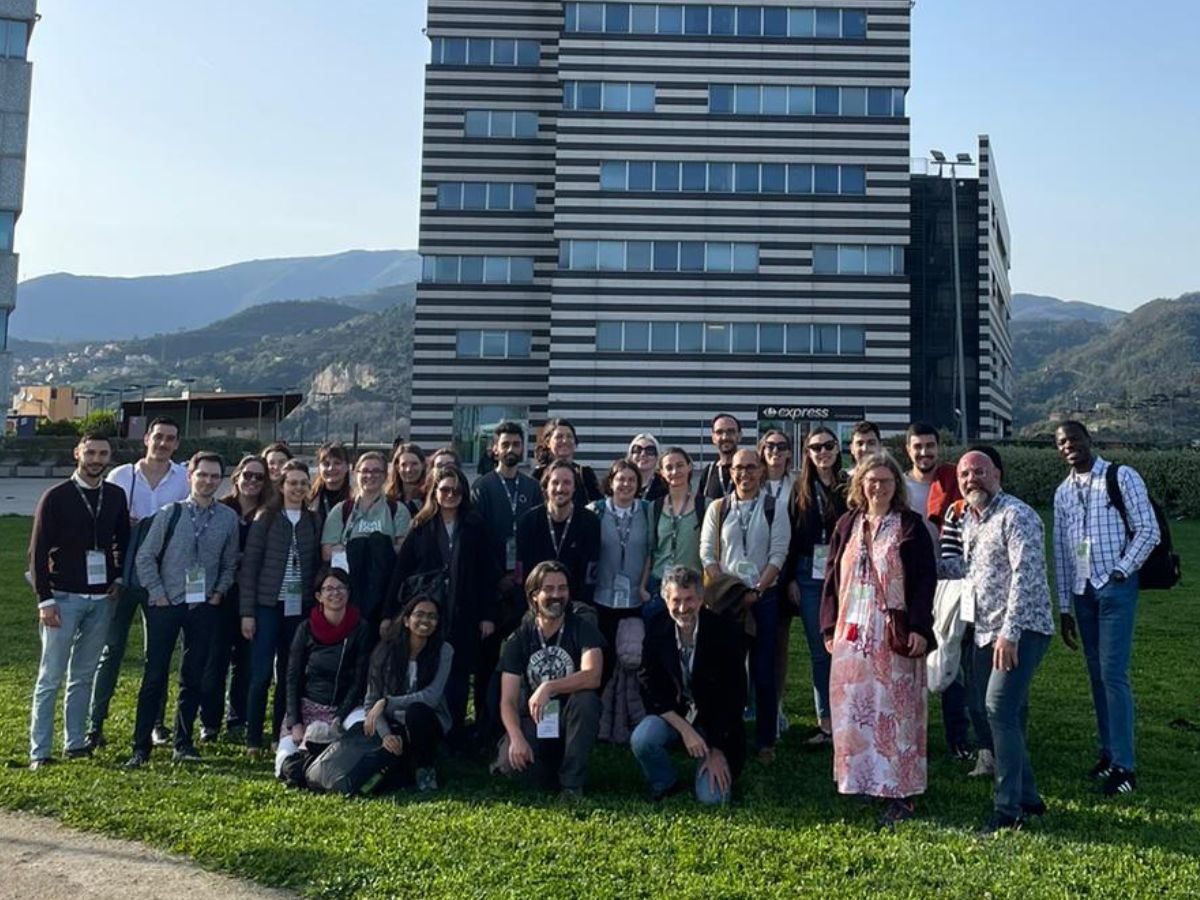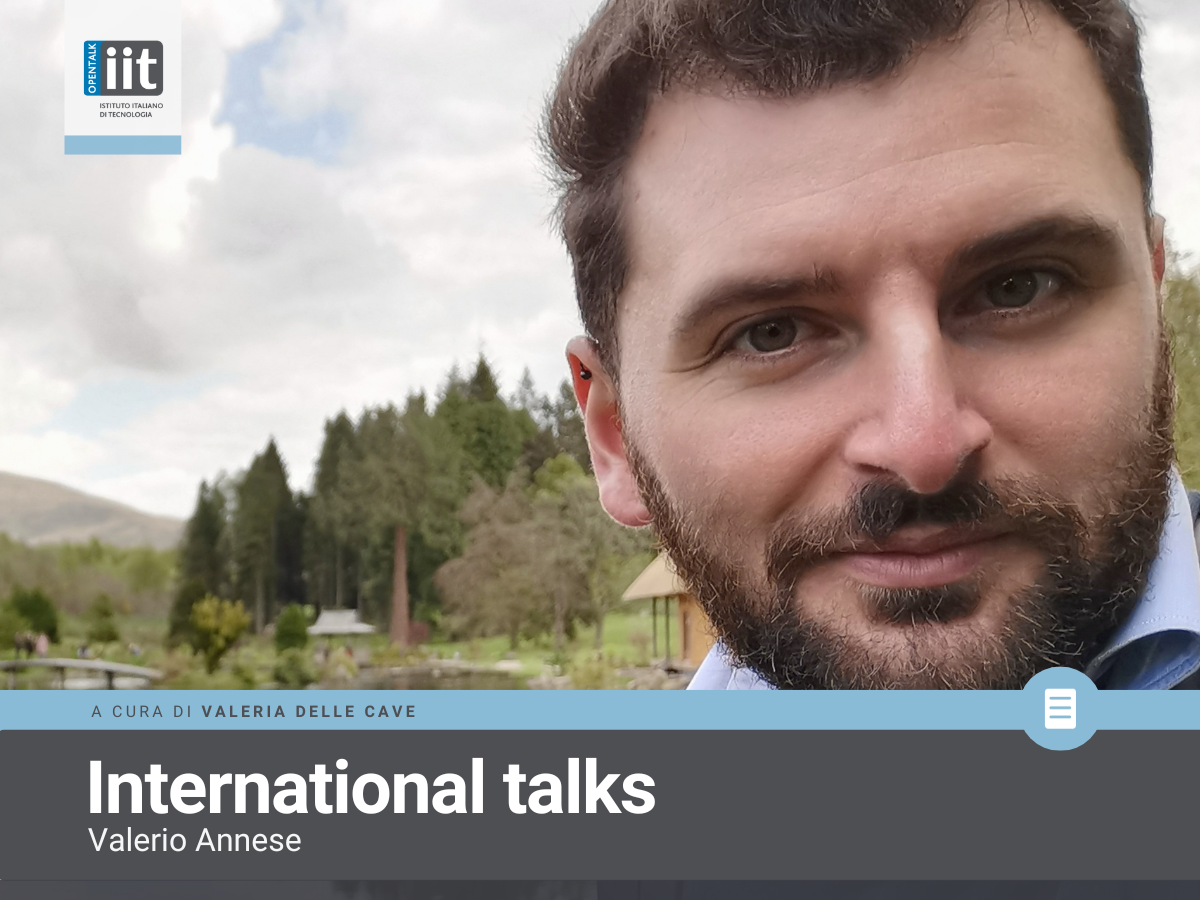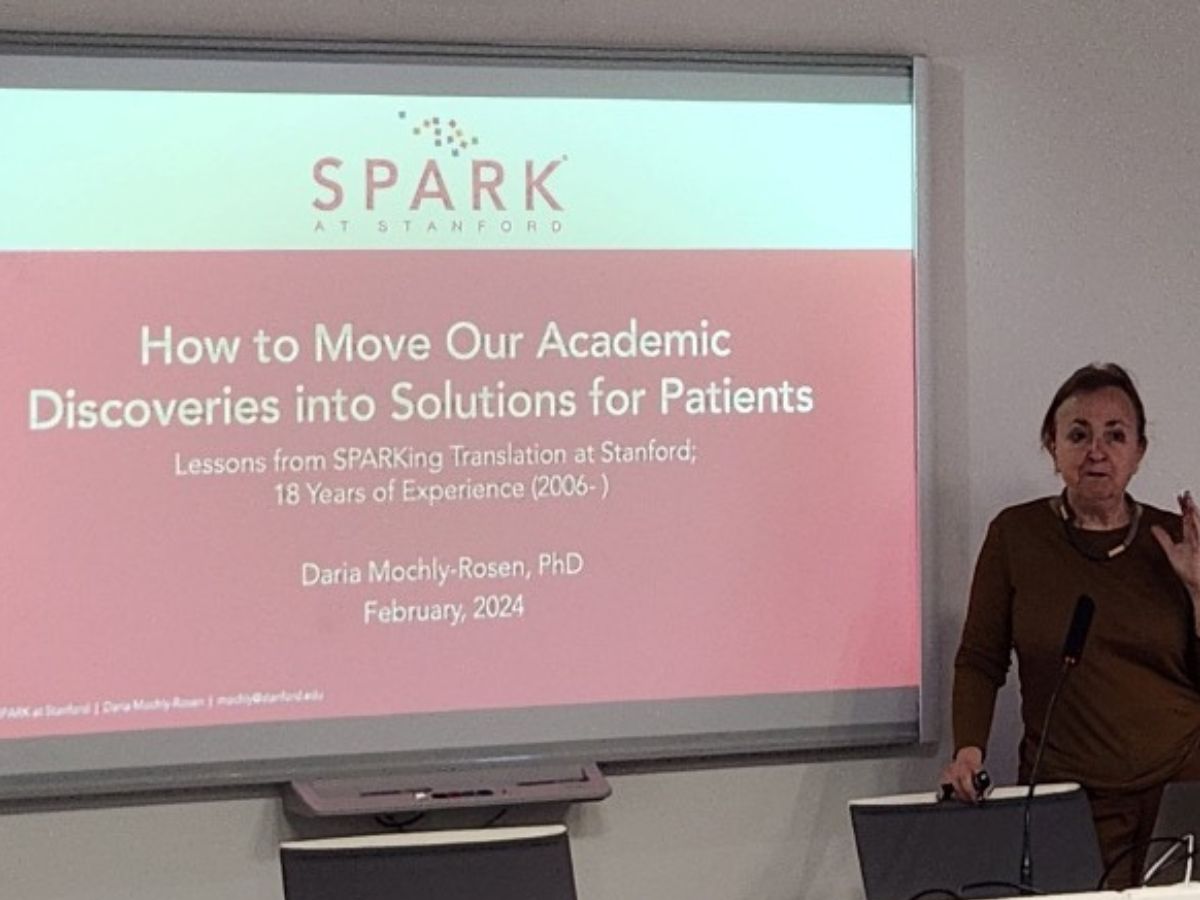Interview with EU Commissioner Mariya Gabriel* in 4 appointments. It is an in-depth article that addresses the major issues of the European Commission towards research policy in the coming years
Question 1: More than 1 million and half cases of Corona virus have been reported in the European Union and in the UK, representing the first pandemic European citizens and institutions had to face. Scientific research is fundamental to understand Sars-Cov2, its behavior and its impact on human body. At the same time networking among EU member states has permitted to coordinate a common response to the emergency and European institutions launched different initiatives against Covid-19. Would you like to mention some examples of these initiatives?The European Commission has been taking strong and coordinated action to fight the coronavirus pandemic and help Europe recover from the devastating economic repercussions of the COVID-19 crisis. A great majority of public health, mobility, tourism and economic measures were designed to address the immediate public health crisis directly.I would like to stress that research and innovation are vital for fighting the pandemic, as well as for the sustainable and inclusive recovery. Since January, we mobilised European research and innovation to tackle the crisis, and we did it fast. Let me pick some examples.We managed to mobilize Horizon 2020 funding in support of 18 research projects with €48.5 million to advance the understanding of the virus, to contribute to more efficient clinical management of patients, as well as public health preparedness and response. I am proud to say that the projects are a true example of collaboration as they involve 151 research teams from across Europe and beyond. More recently, we funded 23 new research projects, involving 347 research teams from 40 countries, with €128 million to develop a higher level of preparedness of health systems.In April, we initiated the ERAvsCorona action plan, which was adopted by Member States and helped tocoordinate all the research and innovation efforts with national administrations, focusing on coordination of funding, research data and information exchange. In less than 2 weeks we launched the European COVID-19 Data Platform to enable the rapid collection and sharing of available research data to support researchers in Europe and around the world.In just three months of working together, the Action Plan has delivered results. They include closer coordination of actions taken by the Member States and the Commission, joining forces in providing financial support, creating new funding opportunities, refocusing existing projects, sharing data, setting mechanisms to match great ideas with market opportunities and much more. It shows that acting fast and acting together has big impact.In April-May, we organized a European hackathon to develop innovative solutions to fight the outbreak. It is a powerful new approach to open and participatory collaboration. I was surprised with the quick response of over 20,900 participants proposing over 2,150 solutions in areas such as health and life, business continuity, remote working and education, social and political cohesion, and digital finance. The winning solutions were invited to join a European Innovation Council COVID Platform to facilitate connections with end users, such as hospitals, and provide access to investors, foundations and other funding opportunities from across the EU.When the European Commission took the lead in this global fight against the coronavirus through the “Coronavirus global response pledging”, both for tests, vaccine and treatment, the European Union contributed 1.4 billion euros. . One billion Euro was mobilized through Horizon 2020, which will fund research projects towards the development of vaccines, new treatments and diagnostic tools. In May, the EU and its partners hosted the Coronavirus Global Response pledging event that cumulated in a Global Pledging Summit in June. It had raised EUR 16 billion for universal access to affordable coronavirus vaccination, treatment and testing, and support for health systems worldwide. Through the European Innovation Council the Commission awarded nearly €166 million thigh-tech companies to support innovations addressing the coronavirus pandemic. The start-ups and SMEs selected for support come from 16 countries, including 12 EU Member States, the UK and 3 associated countries.But it is not only about supporting the communities. It is essential to deliver concrete results. Some of these will come in the near future but others became immediately available like the ‘Re-open EU’, a platform that contains essential information allowing a safe relaunch of free movement and tourism across Europe. It provides real-time information on borders, available means of transport, travel restrictions, public health and safety measures.Furthermore, my team from the Joint Research Centre, has developed positive control material for the validation of RT-PCR tests. Laboratories can use it to check the correct functioning of their coronavirus tests and to avoid false negatives. Samples of this material were dispatched to the testing laboratories across the EU, including the major reference virology centres as well as hospitals.All this showsthat we can move forward when we are well coordinated, when we make the best use of each other’s capacities.
Mariya Gabriel* is the European Commissioner for Innovation, Research, Culture, Education and Youth





